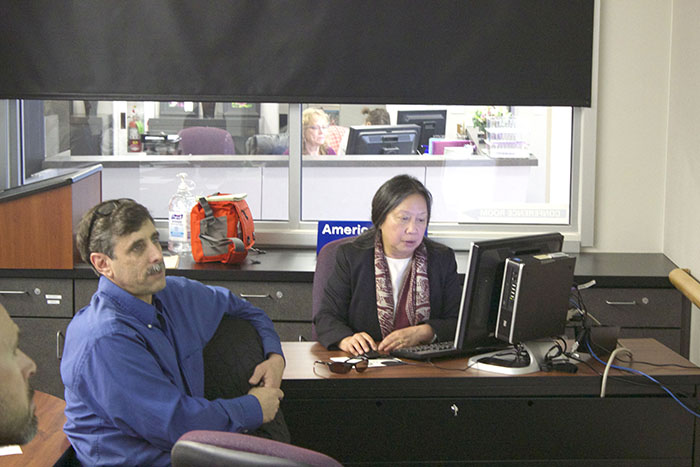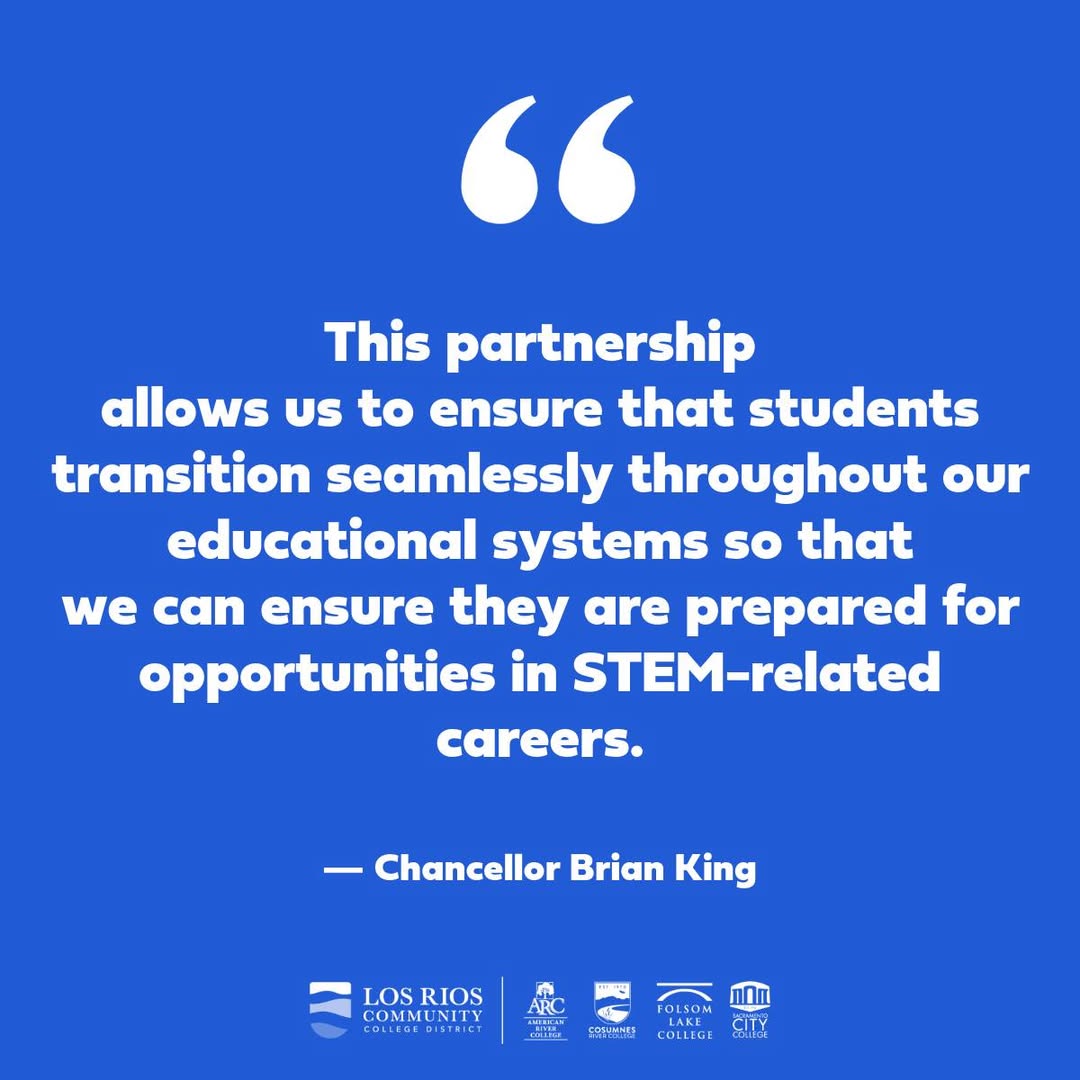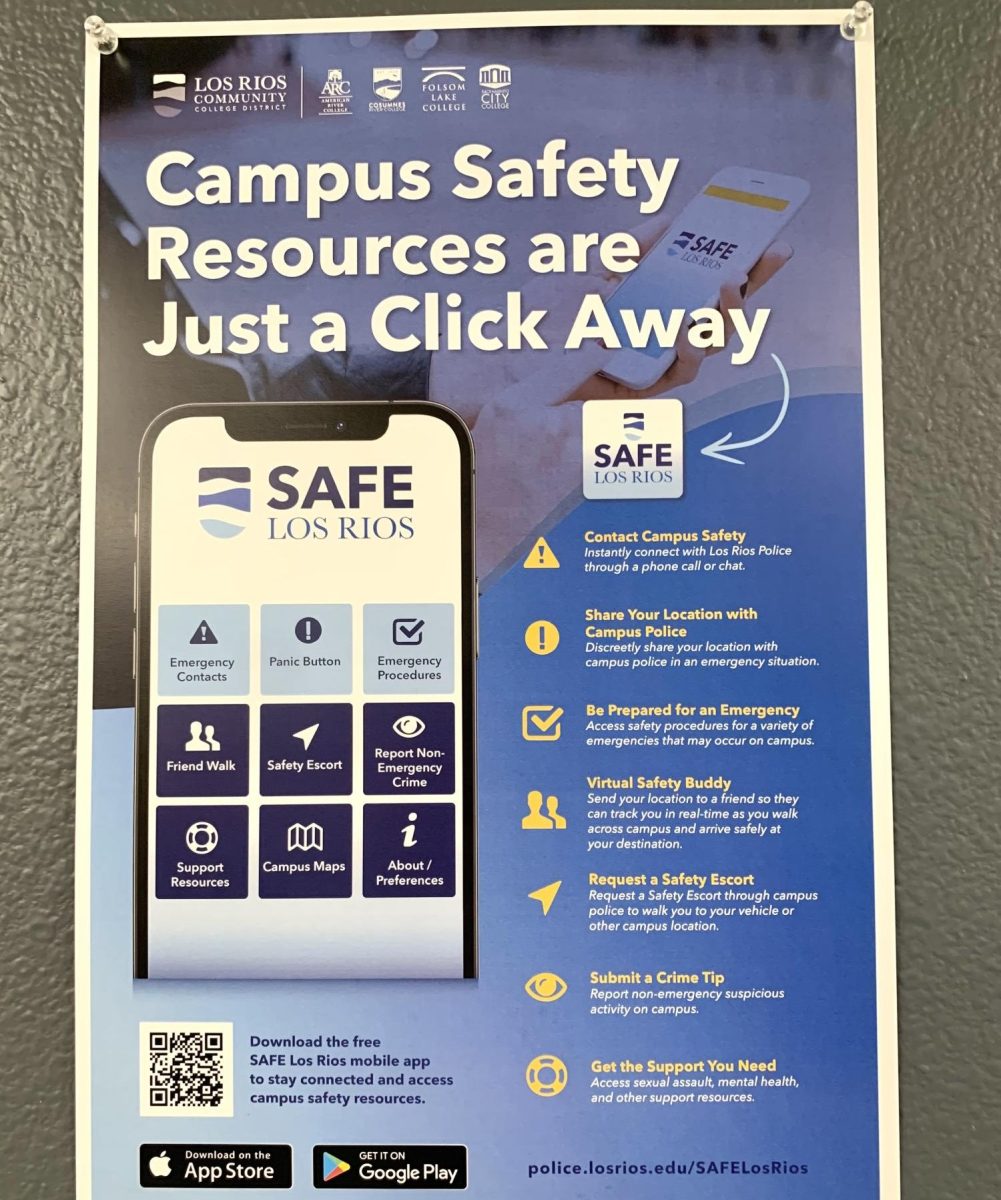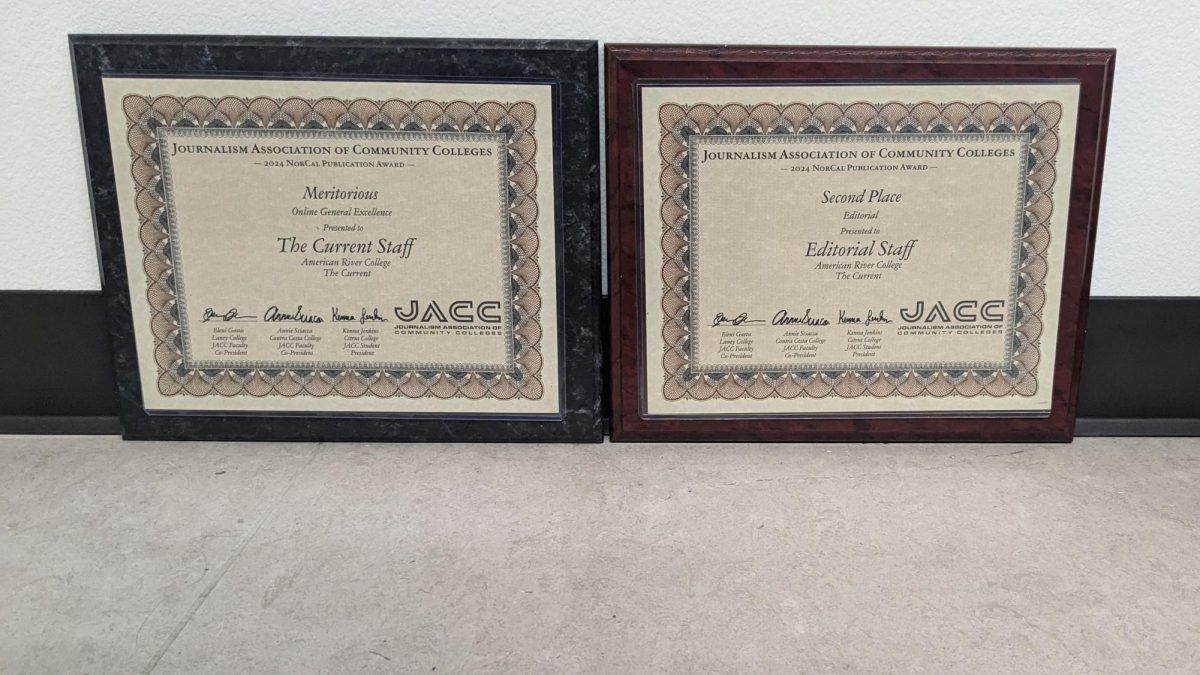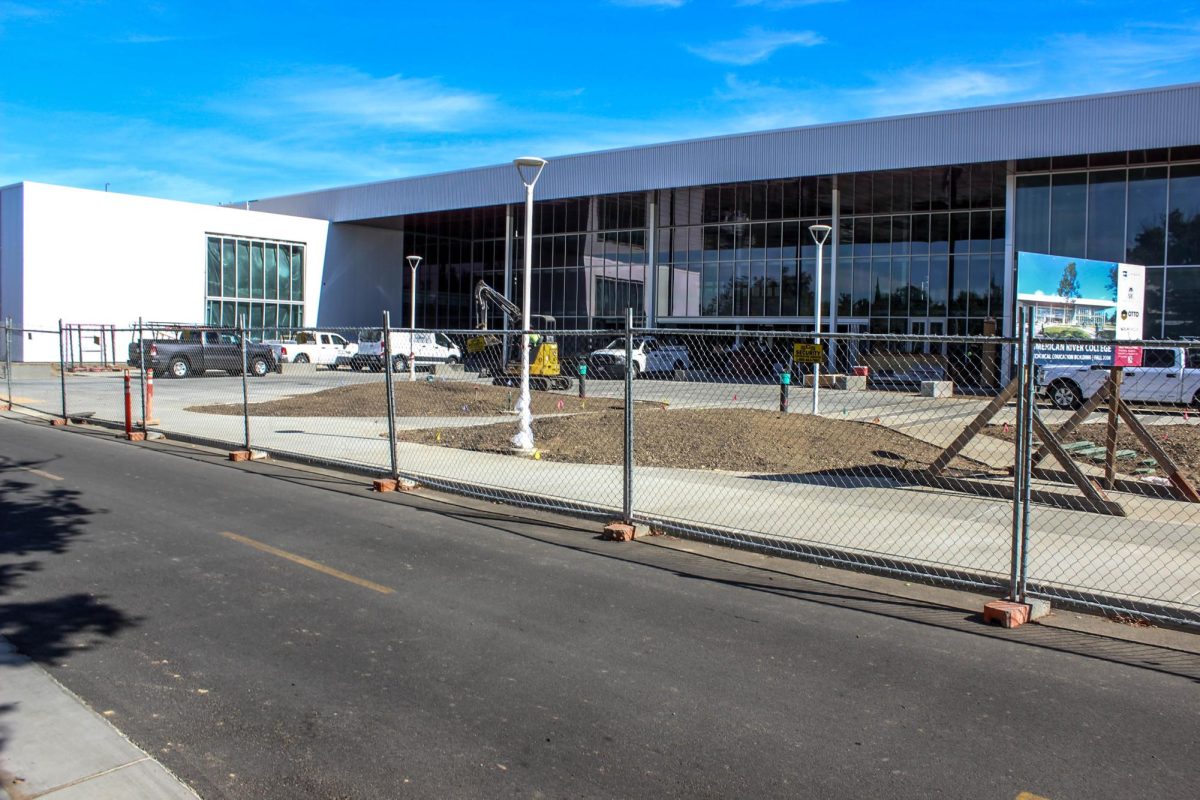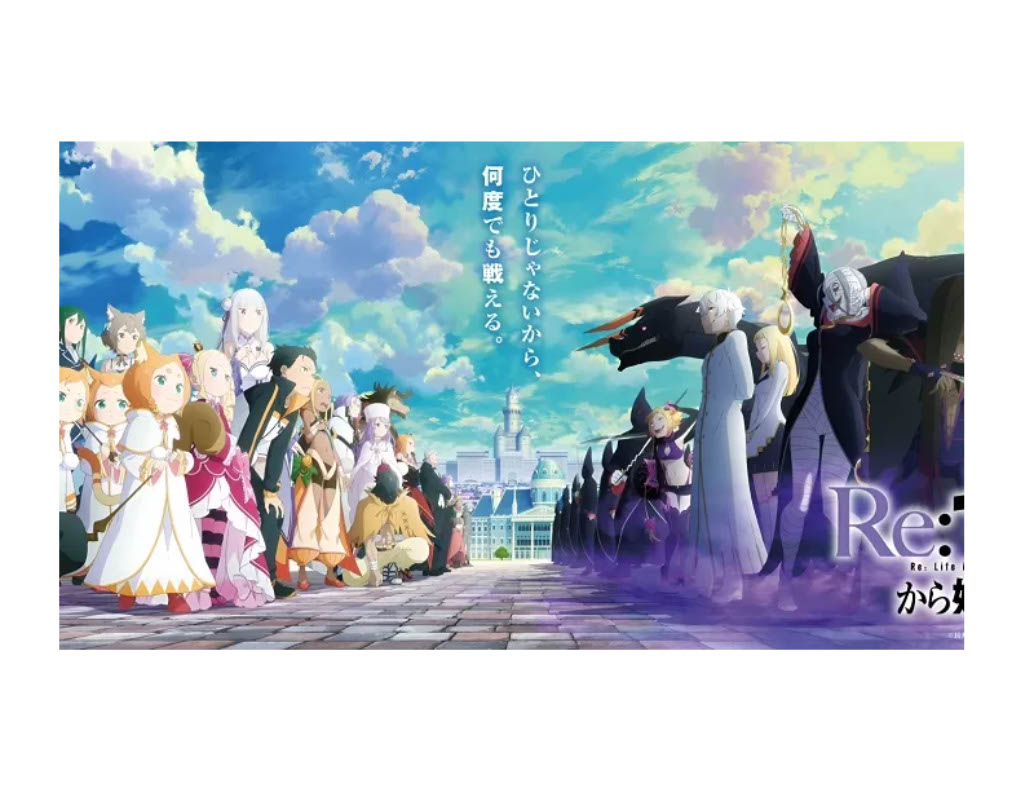Whether an American River College student’s units will transfer to another college depends upon the outcome of a lengthy and exhaustive process known as accreditation.
ARC is nearing the end of this six-year self-evaluation, which consists of a report by the college followed by a visit from representatives of the Western Association of Schools and Colleges.
“We write this 500-page document and we send it to (WASC), then they review it and they send a visiting team here and they have read the document and have looked at all the evidence,” said Amanda Corcoran, the faculty chair for accreditation.
The first draft of that document has been released to administration, faculty, staff and students, all of whom were involved in the creation of the text.
“We had nine teams of ten faculty, staff, and administrators and students, so everyone is involved because the college is comprised of those four major constituents,” said Corcoran. “They all have an equal voice.”
Jane DeLeon succeeded Ken Kubo as the accreditation liaison last month after Kubo went on “personal extended leave.”
Receiving the blessing of WASC is not a sure thing. The City College of San Francisco has two years to avoid losing its accreditation following a bad report in 2012, which has been followed by years of legal battles.
“From a student perspective, accreditation is extremely important,” said Corcoran. “If you want to transfer the credits you earn here to a different school, they need it to come from an accredited school, otherwise you won’t transfer.”
ARC President Thomas Greene says he is confident ARC will not follow the San Francisco path.
“I think that I feel very confident that the institution will maintain its accreditation: very, very, very confident,” said Greene. “We see this as an opportunity to further strengthen the institution, to identify areas that could benefit from some strengthening and to be able to focus on that.”
Corcoran agrees with Greene’s sentiment.
“We’re in great shape. We have very strong processes. We have great curriculum. We have fantastic people here,” she said.
DeLeon said that student involvement is an integral part of the process.
“Student engagement is very important to the college,” said DeLeon. “We’ve already had some responses.”
One student involved in the process is Katori Knight, who served on a board overseeing student services. She says that being involved in accreditation suits her personal interests.
“The accreditation process is all about educational policy. That’s the career I want to go into, helping people,” said Knight. “I report all information back, it goes into essay format, and then it is passed along and reviewed by many people until there’s a report on accreditation.”
Once the self-evaluation report has been submitted to WASC, a group from the Accrediting Commission for Community and Junior Colleges will visit the campus from Oct. 5 through Oct. 8.
“They’ll interview normally 50 to 60 people from the school to confirm and to clarify,” said Corcoran. “The team spends 12-14 hours a day working on our visit and before they leave, so Oct. 8 in the afternoon, we all go to the theater on campus and the ACCJC chair of the team presents their report to the campus.”
Corcoran said that she feels the accreditation process has taught her much about the school.
“That’s one thing I’ve confirmed through my work in accreditation, that we’re surrounded by good people who care.”


